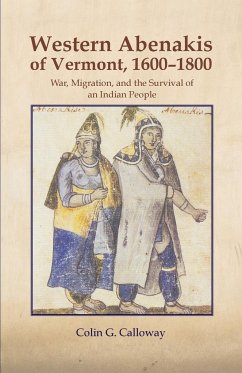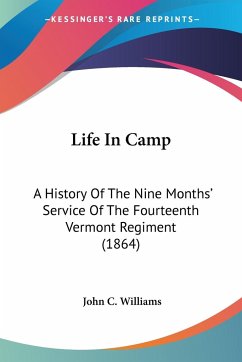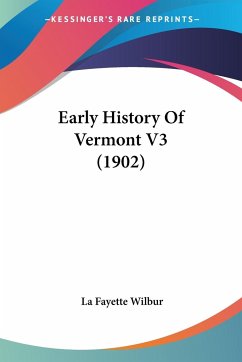Before European incursions began in the seventeenth century, the Western Abenaki Indians inhabited present-day Vermont and New Hampshire, particularly the Lake Champlain and Connecticut River valleys. This history of their coexistence and conflicts with whites on the northern New England frontier documents their survival as a people-recently at issue in the courts-and their wars and migrations, as far north as Quebec, during the first two centuries of white contacts. Written clearly and authoritatively, with sympathy for this long-neglected tribe, Colin G. Calloway's account of the Western Abenaki diaspora adds to the growing interest in remnant Indian groups of North America. This history of an Algonquian group on the periphery of the Iroquois Confederacy is also a major contribution to general Indian historiography and to studies of Indian white interactions, cultural persistence, and ethnic identity in North America Colin G. Calloway, Assistant Professor of History in the University of Wyoming, is the author of Crown and Calumet: British-Indian Relations, 1783-181S, and the editor of New Directions in American Indian History, both published by the University of Oklahoma Press. "Colin Calloway shows how Western Abenaki history, like all Indian history, has been hidden, ignored, or purposely obscured. Although his work focuses on Euro-American military interactions with these important eastern Indians, Calloway provides valuable insights into why Indians and Indian identity have survived in Vermont despite their lack of recognition for centuries."-Laurence M. Hauptman, State University of New York, New Paltz. "Far from being an empty no-man's-land in the seventeenth and eighteenth centuries, the western Abenaki homeland is shown in this excellent synthesis to have been an active part of the stage on which the events of the colonial period were acted out. -Dean R. Snow, State University of New York, Albany. "At last the western Abenakis have a proper history. Colin Calloway has made their difficultly accessible literature his own and has written what will surely remain the standard reference for a long time."-Gordon M. Day, Canadian Ethnology Service. "Although they played a central role in the colonial history of New England and southern Quebec, the western Abenakis have been all but ignored by historians and poorly known to anthropologists. Therefore, publication of a careful study of western Abenaki history ranks as a major event.... Calloway's book is a gold mine of useful data."-William A. Haviland, senior author, The Original Vermonters.
Hinweis: Dieser Artikel kann nur an eine deutsche Lieferadresse ausgeliefert werden.
Hinweis: Dieser Artikel kann nur an eine deutsche Lieferadresse ausgeliefert werden.








